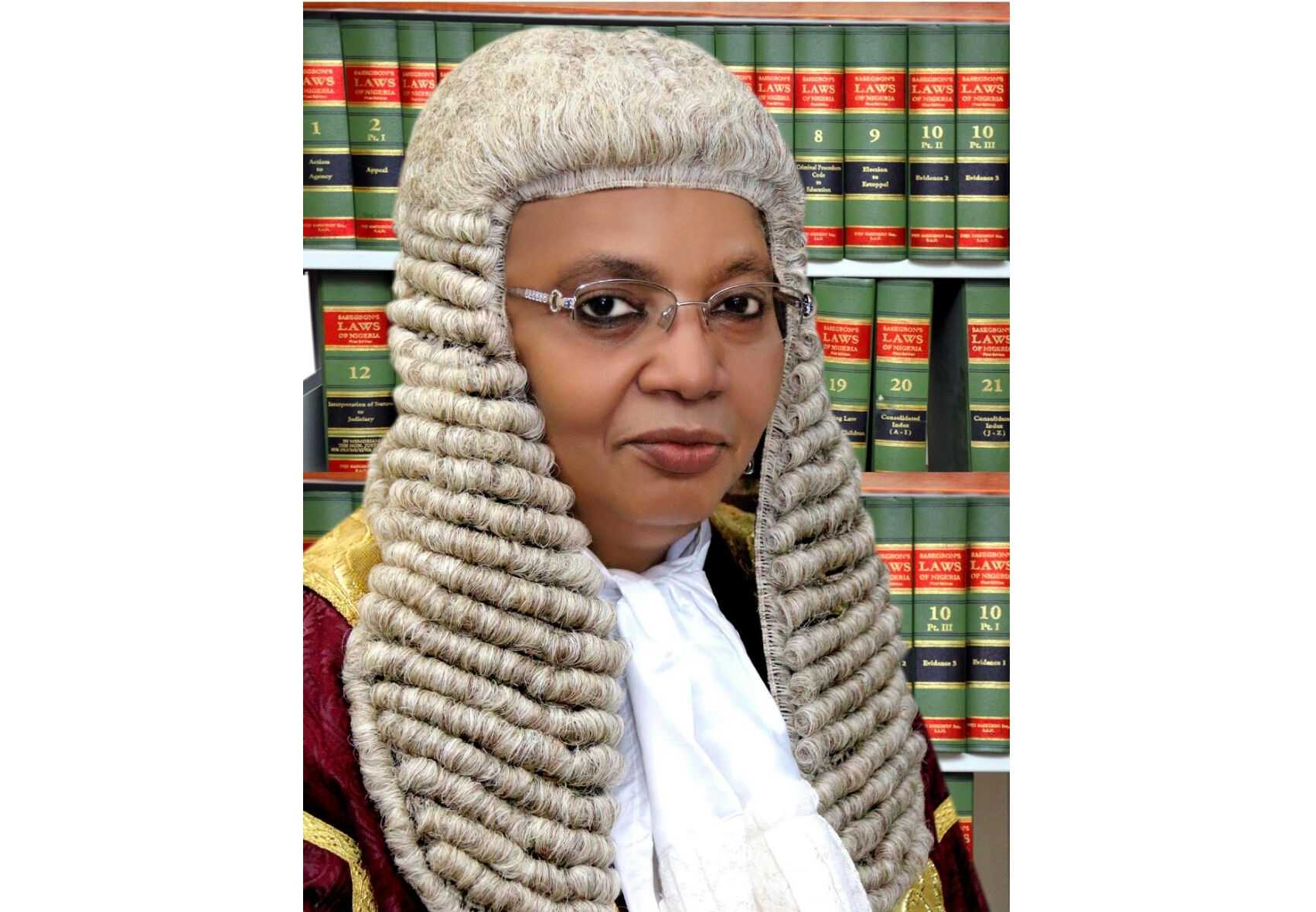Are election petitions showing better electoral process?
The 736 cases so far received by the Court of Appeal in respect of the 2019 general elections have raised the ante in the perception of the electoral process in the country. The number shows that aggrieved politicians and members of the public are already looking up to the Court of Appeal to resolve many […]

Justice Zainab Bulkachuwa
The 736 cases so far received by the Court of Appeal in respect of the 2019 general elections have raised the ante in the perception of the electoral process in the country.
The number shows that aggrieved politicians and members of the public are already looking up to the Court of Appeal to resolve many of the issues emanating from the polls.
The Director of Information of the Court of Appeal, Sa’adatu Musa, disclosed last week that of the 736 cases so far received, four came from the presidential election, 207 came from the senatorial elections and 101 came from contestants for seats in the House of Representatives.
She also said 43 petitions came from the governorship elections and 381 were received in respect of Houses of Assembly elections.
This is an upscale of the 730 petitions received in the aftermath of the 2015 general elections. Of that figure, 179 came from House of Representatives contestants, 79 came from senatorial seats contestants and 380 from Houses of Assembly. Also, 32 petitions were filed for the staggered 2016 governorship elections in Edo and Bayelsa, while 21 were filed for other staggered elections, including Anambra in 2017.
A remarkable trend is that since the elections of 2007, which attracted 3,000 petitions, subsequent election petitions have witnessed lower figures. For instance, the election petitions for 2011 had 733 petitions.
The President of the Court of Appeal (PCA), Justice Zainab Bulkachuwa, in the exercise of her constitutional powers, has constituted election petition tribunals across the 36 states.
The supervisory court conducted three training programmes for judges who were inagurated by the Acting Chief Justice of Nigeria, Justice Ibrahim Tanko Muhammad.
Sub-section 3 of the Sixth Schedule of the 1999 Constitution empowers the President of the Court of Appeal to constitute the chairmen and other members of the election tribunals in consultation with the Chief Judge of a state, the Grand Kadi of the Sharia Court of Appeal of the state or the President of the Customary Court of Appeal of the state, as the case may be.
Under the Electoral Act, 2010, while appeals arising from the governorship and presidential elections terminate at the Supreme Court, the National Assembly and Houses of Assembly appeals end at the Court of Appeal; except where they are pre-election matters.
But the Court of Appeal under Section 239(1) of the constitution has original jurisdiction to hear and determine the validity of a person elected to the office of the president or vice president.
Because of their special nature, Section 134 (2) and (3) of the Electoral Act, 2010, provides for time limit for election petitions for within 180 days. And similar provisions are contained in Section 285(6) and (7) of the 1999 Constitution (as amended).
The provision reads thus: “An election tribunal shall deliver its judgement in writing within 180 days from the date of filing of the petition.”
And Sub-section (7) of Section 285 of the constitution provides that: “An appeal from a decision of the election tribunal or court shall be heard and disposed off within 60 days from the date of the delivery of judgment.”
However, lawyers say the drop in the number of election petitions in the last three years as against 2007 shows an improvement in the electoral process.
Barr. Abdul Mohammed said filings for the last three years with less than 1,000 election petitions showed a growing confidence of politicians in electoral process.
“It is not all elections that are contested. There are some elections that people are just satisfied with,” he said.
Another lawyer, Hamid Ajibola Jimoh, said despite allegations of corruption in the judiciary, the number of election petitions was a confirmation that the judiciary remained the hope for the resolution of such disputes.
For his part, Barr. Ali Zubairu Esq said the higher petitions received so far on the 2019 general elections showed some reversal of the gains of the 2011 and 2015 general elections as conducted.
“The way more people have gone to challenge this elections despite the state of the economy, as this is one of the cheapest election campaigns, tells you that people are not satisfied with the outcome. They are saying that if they can’t have their way, let attempts be made and let some pronouncements be made,” he said.
